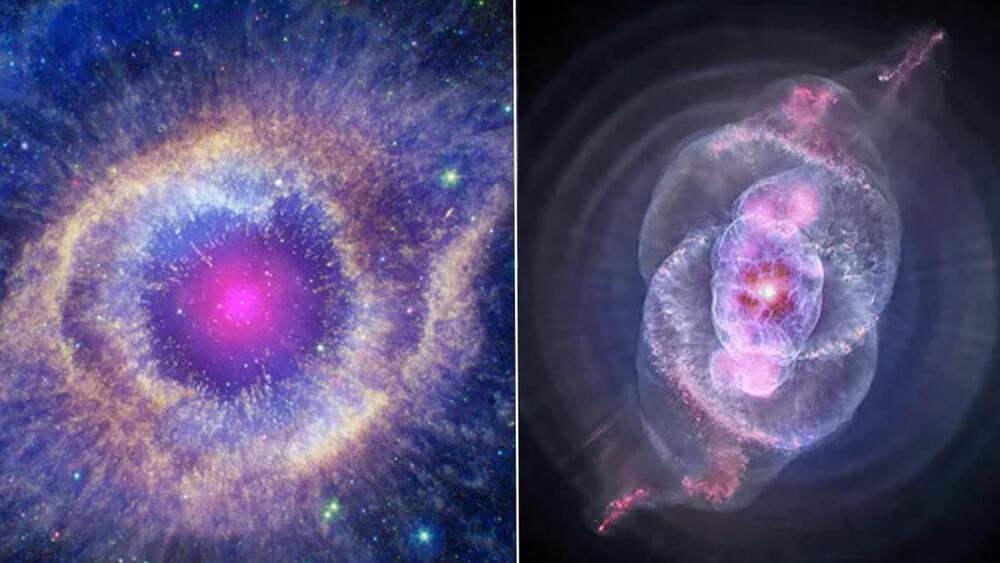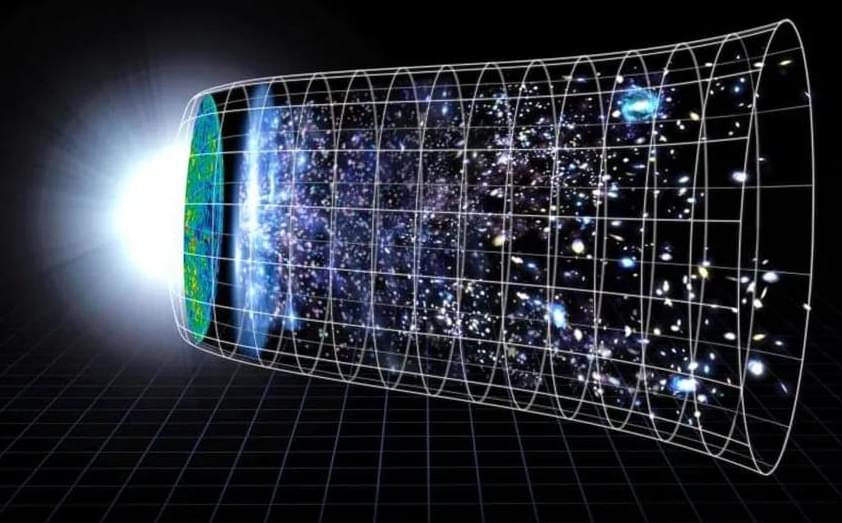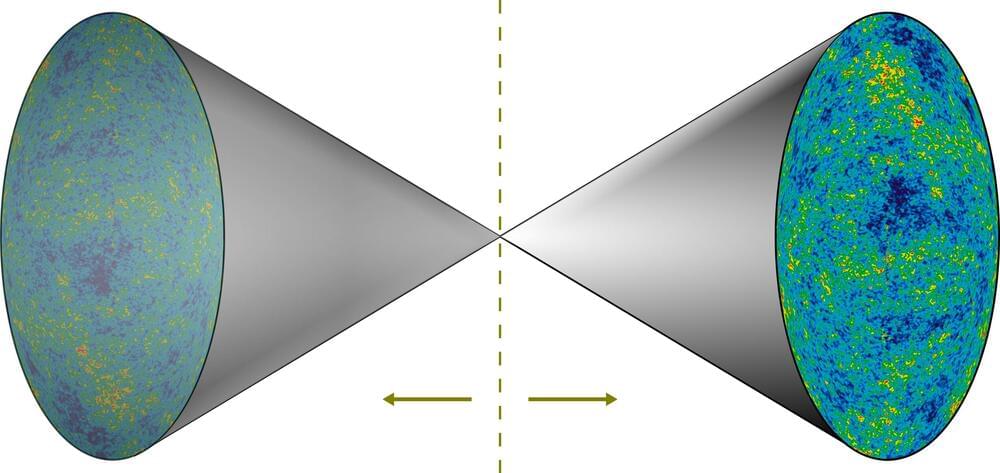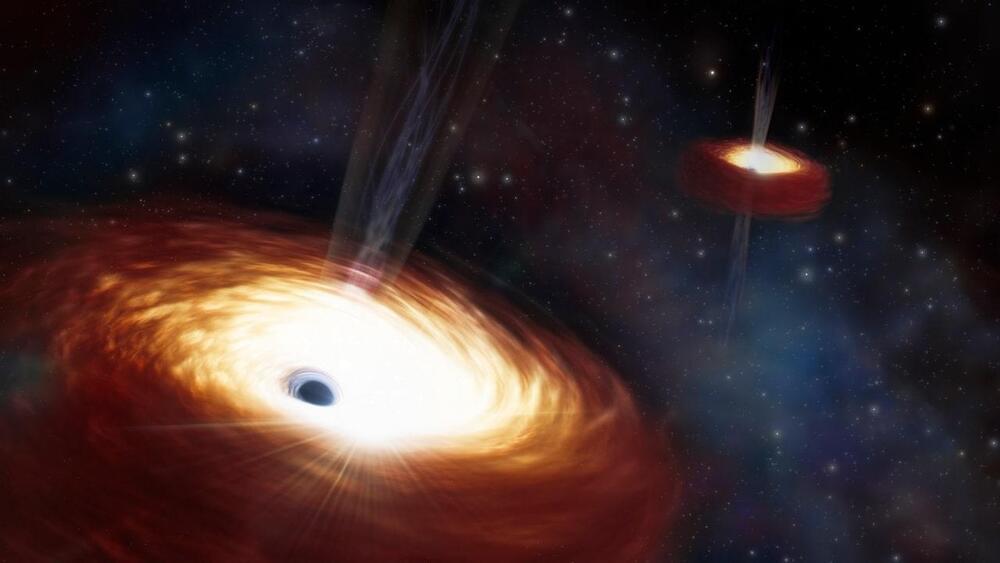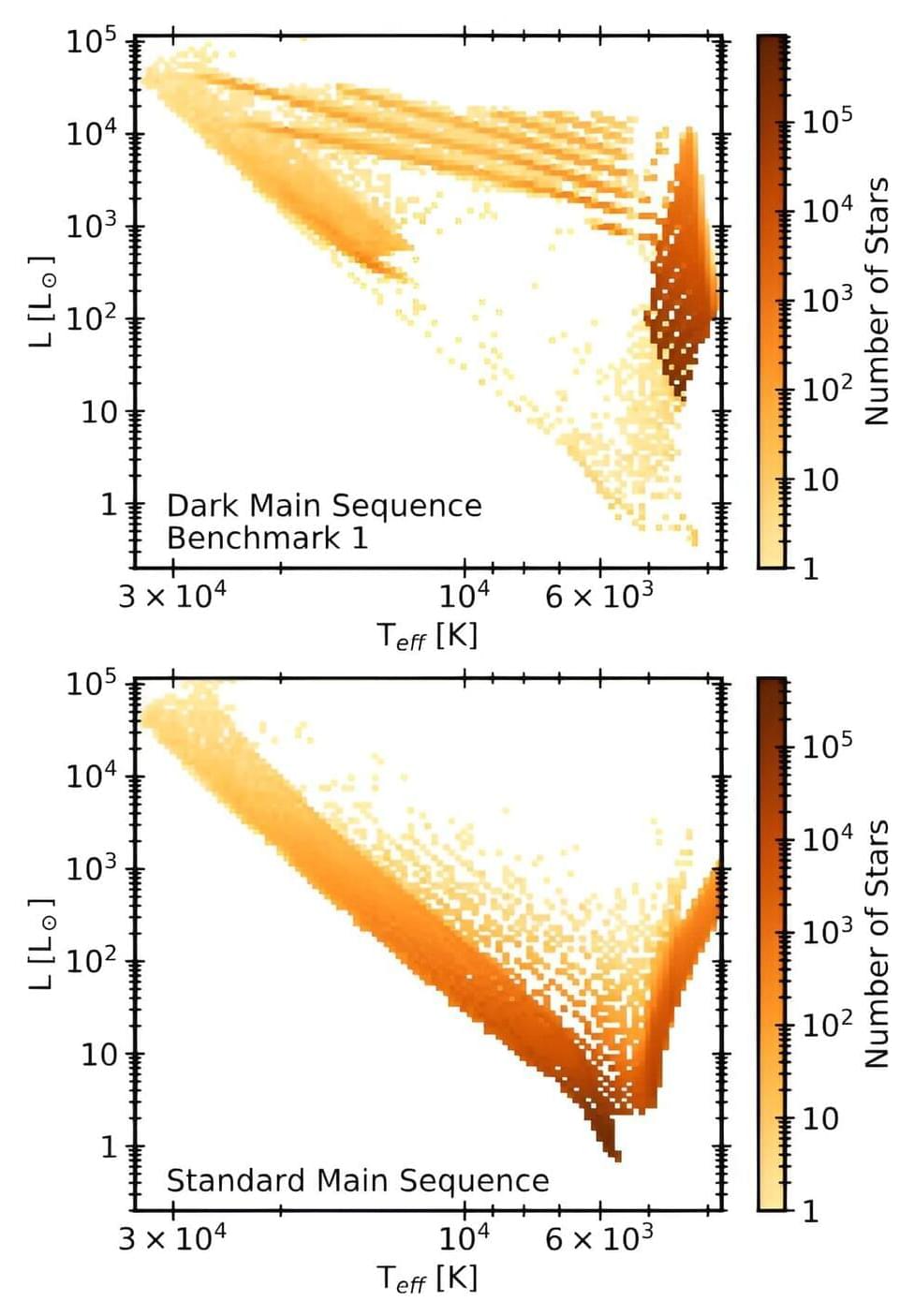To use the Instagram Chandra experience, search for the “NASAChandraXray” account. Select the effects options (the tab that looks like three four-pointed stars) and select the one you want. Then, you can either save the effect to your camera and apply it to your stories, or you can select the “Try it” button for instant access.
Related: Peer inside remnants of an 800-year-old supernova and see a ‘zombie’ star
“We are excited to bring data from the universe down to Earth in this way,” Kimberly Arcand, Chandra X-ray Center visualization and emerging technology scientist, said in a statement. “Enabling people to access cosmic data on their phones and through AR brings Chandra’s amazing discoveries literally right to your fingertips.”
